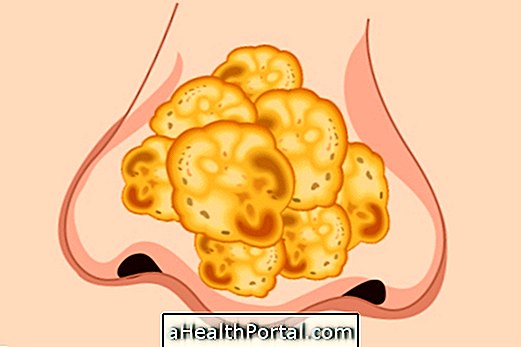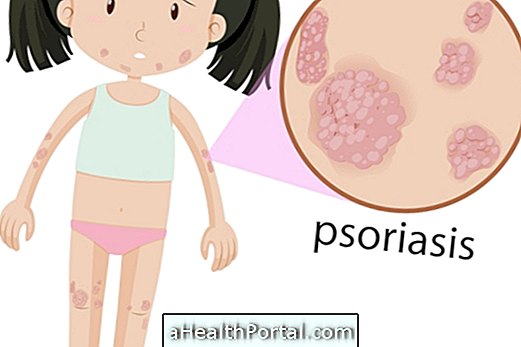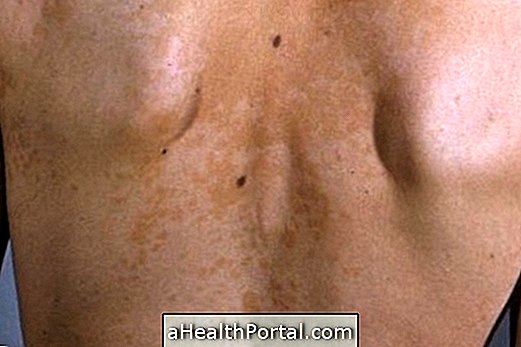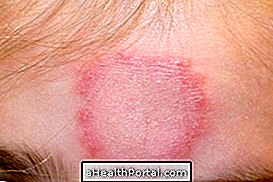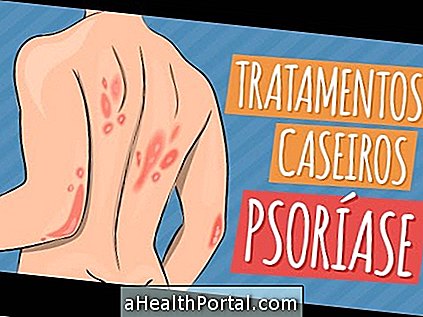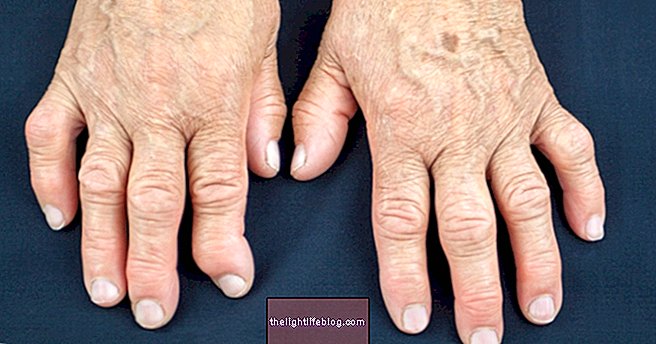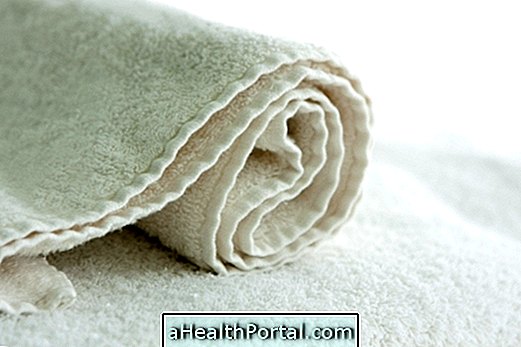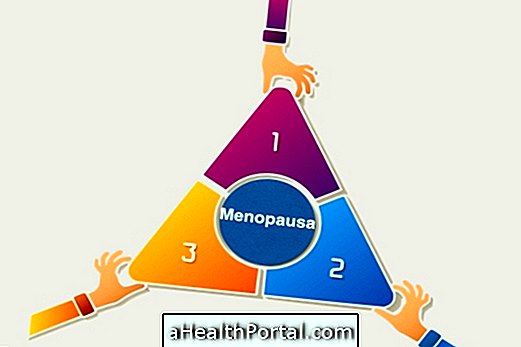Nummular dermatitis or nummular eczema is an inflammation in the skin that leads to the appearance of red spots in the shape of a coin and causing intense itching, which can lead to peeling of the skin. This type of dermatitis is more common in winter due to dry skin, and is more common in adults between 40 and 50 years, but may also occur in children. Learn how to identify and treat eczema.
The diagnosis is made by a dermatologist by observing the characteristics of the spots and symptoms reported by the person. Understand how the dermatological examination is done.
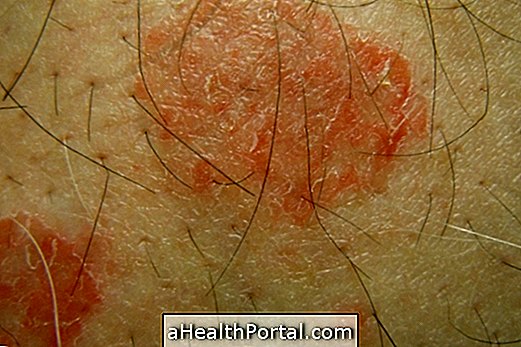
Main symptoms of nummular dermatitis
Nummular dermatitis is characterized by the presence of red, coin-shaped patches on any part of the body, with the most frequent areas being the legs, forearm, palms and dorsum of the feet. Other symptoms of this dermatitis are:
- Intense itching of the skin;
- Formation of small bubbles, which can break and form crusts;
- Burning of the skin;
- Desquamation of the skin.
The causes of nummular eczema are still not very clear, but this type of eczema is usually related to dry skin due to hot baths, excessive dry or cold weather, skin contact with irritating factors such as detergents and tissue, in addition to bacterial infections.
How is the treatment done?
Treatment for nummular dermatitis is indicated by the dermatologist and is usually done with the use of oral medications or ointments containing corticosteroids or antibiotics. Also, it is important to drink plenty of water to keep your skin hydrated and avoid taking too hot baths.
One way to supplement treatment for nummular eczema is phototherapy, also known as ultraviolet light therapy.
